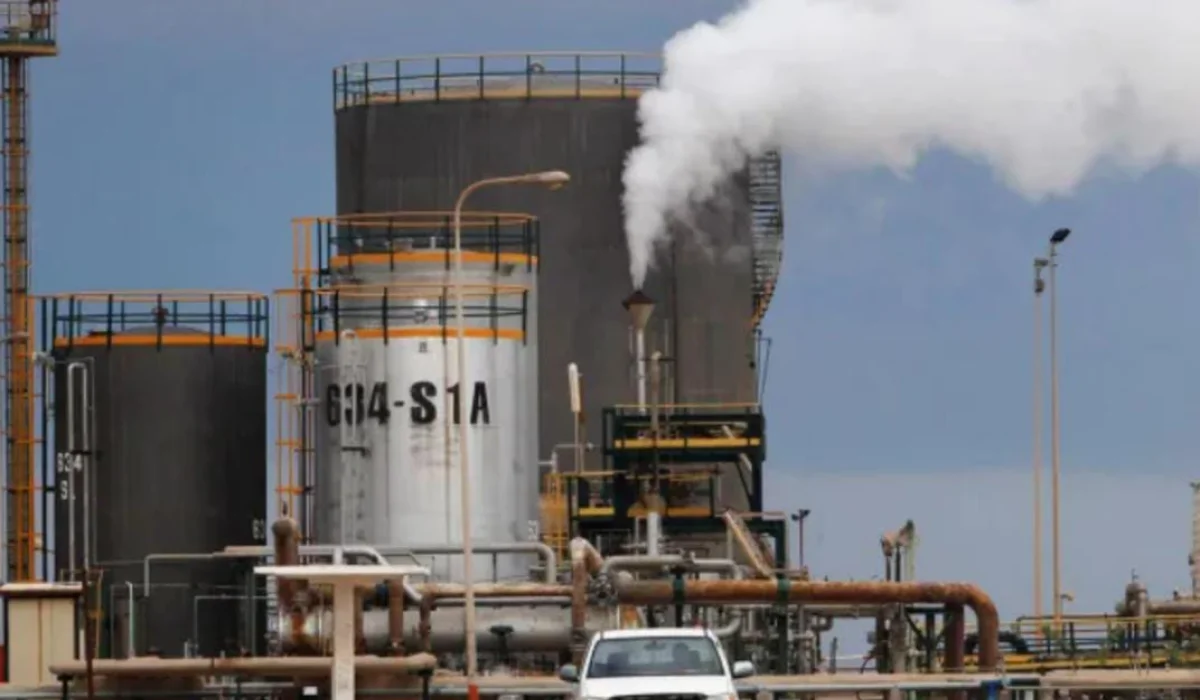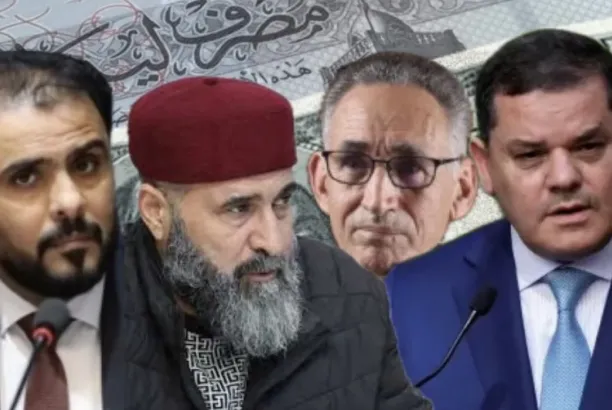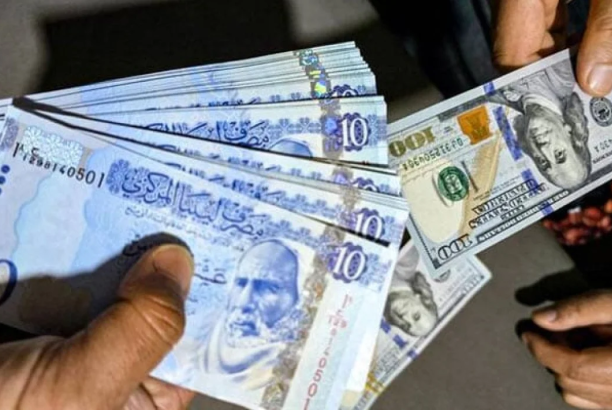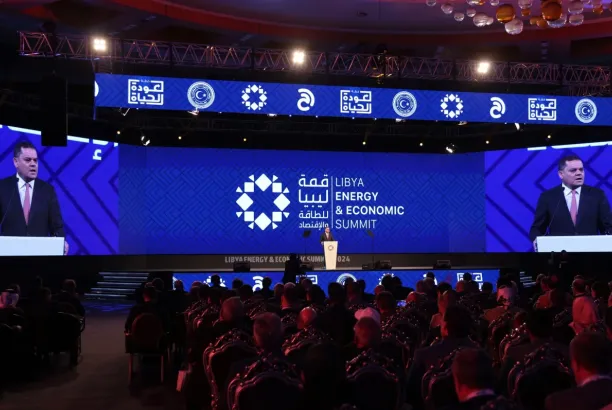
| Reports
The Independent: Threats of Another Oil Shutdown if the National Oil Corporation Isn’t Relocated to Eastern Libya, with Concerns Over International Oversight of Libyan Oil
The Independent Arabia reported on Saturday that the issue of oil has resurfaced in Libya. This follows the request made by the Speaker of the House of Representatives, Aguila Saleh, earlier this week during a parliamentary session. He called on the head of the National Oil Corporation, Farhat Bengdara, to clarify the factors preventing the relocation of the corporation’s headquarters from Tripoli to Benghazi, as per a 2013 decision issued by former Prime Minister Ali Zeidan.
Specter of Shutdowns:
The article noted that the Speaker’s request coincided with threats from the “Oil Crescent Movement” to shut down oil fields and ports if five oil companies—Waha, Zueitina, Harouge, Sarir, and Mabrouk—are not relocated to the Oil Crescent region. The group has given a two-week deadline to fulfill these demands or halt oil production.
According to the Independent, Libyans often use oil as leverage to pressure authorities for political, developmental, or social goals. The southern region, home to major oil ports like Sharara (Libya’s largest field with a daily capacity of 300,000 barrels) and El Feel, lacks basic services, despite its vital role in oil production.
Observers fear the possibility of international oversight over Libya’s oil and gas sector, especially if shutdowns resume. The National Oil Corporation reported losses exceeding $120 million due to previous closures by the end of last year.
A Political Lever:
Political analyst Wissam Al-Kabeer stated that since the 2011 revolution, Libya’s oil sector has been used as a political tool, beginning with the 2018 shutdowns under Ibrahim Jathran’s control of Sidra and Ras Lanuf fields, and continuing through subsequent closures, including the one linked to the Central Bank crisis in late 2024.
Al-Kabeer added that oil has been used for various purposes, such as disputes over oil revenues and Parliament’s repeated failures to approve budgets. It is also a bargaining chip for Eastern authorities seeking concessions from the Tripoli government in oil and other sovereign sectors.
Risk of Civil War:
Al-Kabeer warned that threats to shut down oil are not only aimed at domestic politics but also serve as leverage in international and regional negotiations over economic, military, and security issues. He emphasized that given Libya’s current political deadlock and growing security tensions, another oil shutdown could trigger a civil war, akin to the 2019 conflict.
He also pointed out that the threats coincide with the UN mission’s preparations to launch a new political process. This timing underscores the use of oil as a bargaining chip to secure advantages before the political roadmap takes shape.
International Interests:
Al-Kabeer highlighted that global powers like the U.S., Russia, and Britain prioritize oil revenue management and its distribution mechanism. These nations also use this issue to push for consensus on restructuring Libya’s political landscape, possibly leading to the formation of a unified government under Parliament’s significant influence.
Iraq Scenario:
The Independent cited fears from the head of the General Oil Union, Salem Al-Rumaih, over potential international oversight of Libya’s oil sector. He warned that escalating political and security divisions, along with international interference, could lead Libya into a “oil-for-food” scenario, similar to Iraq.
Al-Rumaih stressed that oil must be insulated from political disputes, as Libya’s economy relies solely on oil revenues. He cautioned that the U.S. and EU, as key members of the Joint Economic Commission monitoring Libyan oil flow, would not remain silent in the event of further shutdowns. They may impose a form of international oversight, especially if closures persist indefinitely.
The article also noted that the Joint Economic Commission, established during the Berlin II Conference on Libya in 2021, includes the U.S., EU, Egypt, and the UN mission. It proposed creating a supra-sovereign body named the Libyan Committee for Monitoring Oil and Gas Revenues to oversee oil revenue management and allocate spending priorities.





